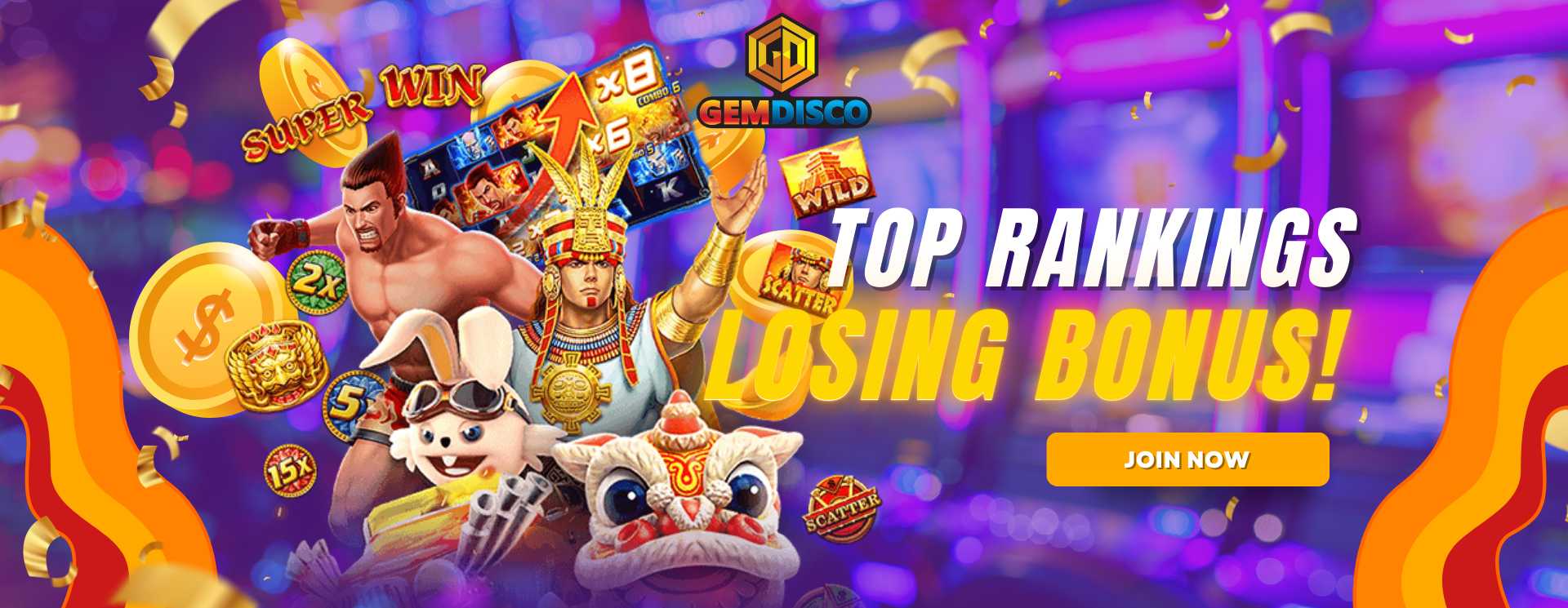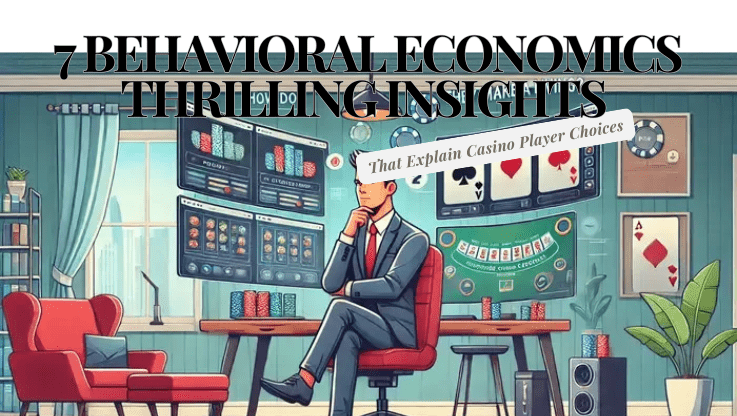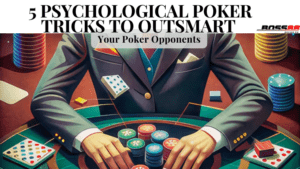Understanding the psychology of online casino players is essential for operators and enthusiasts. Behavioral economics combines psychology and economics to explain why people make specific choices, especially in contexts involving risk, reward, and uncertainty. This fascinating discipline sheds light on what drives online casino players’ decisions and behaviors.

Here are 7 key behavioral economics insights that explain why players make the choices they do in online casinos.
Behavioral Economics – Loss Aversion: Fear of Losing Drives Decisions
Behavioral Economics, Loss aversion is the tendency for people to prefer avoiding losses over acquiring equivalent gains. In online casinos, Behavioral Economics, this concept manifests in several ways:
- Chasing Losses: Players who lose often continue playing, believing they can “win back” what they’ve lost.
- Cashout Decisions: Many players withdraw their winnings prematurely to avoid the psychological pain of losing them.
Operator Insight: Promotions like cashback offers can alleviate loss aversion, making players feel more secure about trying their luck again.
he Gambler’s Fallacy: Misjudging Randomness
Behavioral Economics, The gambler’s fallacy is the belief that past events influence future probabilities in random sequences. For example:
- If a roulette wheel lands on red five times in a row, some players believe black is “due” next.
- In slot games, players might think a machine is “hot” or “cold” based on recent results.
Operator Insight: Highlighting the random nature of games through transparent game mechanics or fairness certificates can build trust while keeping players engaged.

Hyperbolic Discounting: Preference for Immediate Rewards
Behavioral Economics, Online casino players often favor instant gratification over larger, delayed rewards. This phenomenon, known as hyperbolic discounting, influences:
- Bonus Redemptions: Players often choose bonuses with smaller, immediate rewards over more substantial rewards requiring longer playtime.
- Quick Game Rounds: Fast-paced games like slots and live dealer games capitalize on this preference for immediacy.
Operator Insight: Structuring bonus programs with instant perks and small wins encourages sustained engagement.
Anchoring Effect: Setting Expectations with Numbers
Behavioral Economics, The anchoring effect occurs when people rely too heavily on an initial piece of information. In online casinos, players may base decisions on:
- Displayed Odds: Players often judge the attractiveness of a bet based on prominently displayed odds or multipliers.
- Minimum Bets: An online casino’s minimum wager requirements can anchor perceptions of affordability or exclusivity.
Operator Insight: Operators can use anchoring effectively by promoting welcome bonuses and jackpots, setting a positive tone for new players.

Availability Heuristic: Influence of Memorable Wins
The availability heuristic causes people to overestimate the probability of an event based on how easily examples come to mind. In online casinos:
- Jackpot Stories: Players are drawn to games with visible records of big winners.
- Memorable Wins: Players remember their own significant wins, which motivates them to continue playing.
Operator Insight: Highlighting player success stories and recent jackpot payouts can boost player enthusiasm and trust in games.
Endowment Effect: Valuing What They “Own”
Behavioral Economics, The endowment effect is when people assign higher value to things they own. In online casinos:
- Free Spins and Bonus Credits: Players often treat these as valuable assets, even if they cost nothing initially.
- In-Game Features: Accumulated perks, like loyalty points or progress in a slot game feature, are seen as “earned” and worth protecting.
Operator Insight: Offering personalized rewards and emphasizing player progression can create a sense of ownership, encouraging continued play.
Social Proof: Decisions Influenced by Others
People tend to follow the actions of others, especially in uncertain situations. Social proof plays a significant role in online casinos:
- Popularity Indicators: Games labeled as “Most Played” or “Hot Picks” attract more attention.
- Live Chats: Real-time interactions in live casino games foster a sense of community and shared excitement.
Operator Insight: Leveraging social proof through visible leaderboards or real-time winner notifications can boost player confidence and participation.
Final Thoughts: The Balance of Strategy and Entertainment
Understanding these behavioral economics insights reveals how online casino players’ choices are influenced by a mix of psychological tendencies and game design. By recognizing the factors that shape decisions—like loss aversion, social proof, and the gambler’s fallacy—operators can create engaging and responsible gaming environments.
For players, awareness of these biases can lead to better decision-making and a more balanced approach to online casino gaming. Striking the right balance between entertainment, strategy, and responsible gaming ensures a fulfilling experience for everyone involved.
Key Takeaway: Online casinos are more than just games; they are intricate systems influenced by human psychology and behavior. Recognizing these dynamics benefits both operators and players, fostering a safe and enjoyable gaming ecosystem.







































